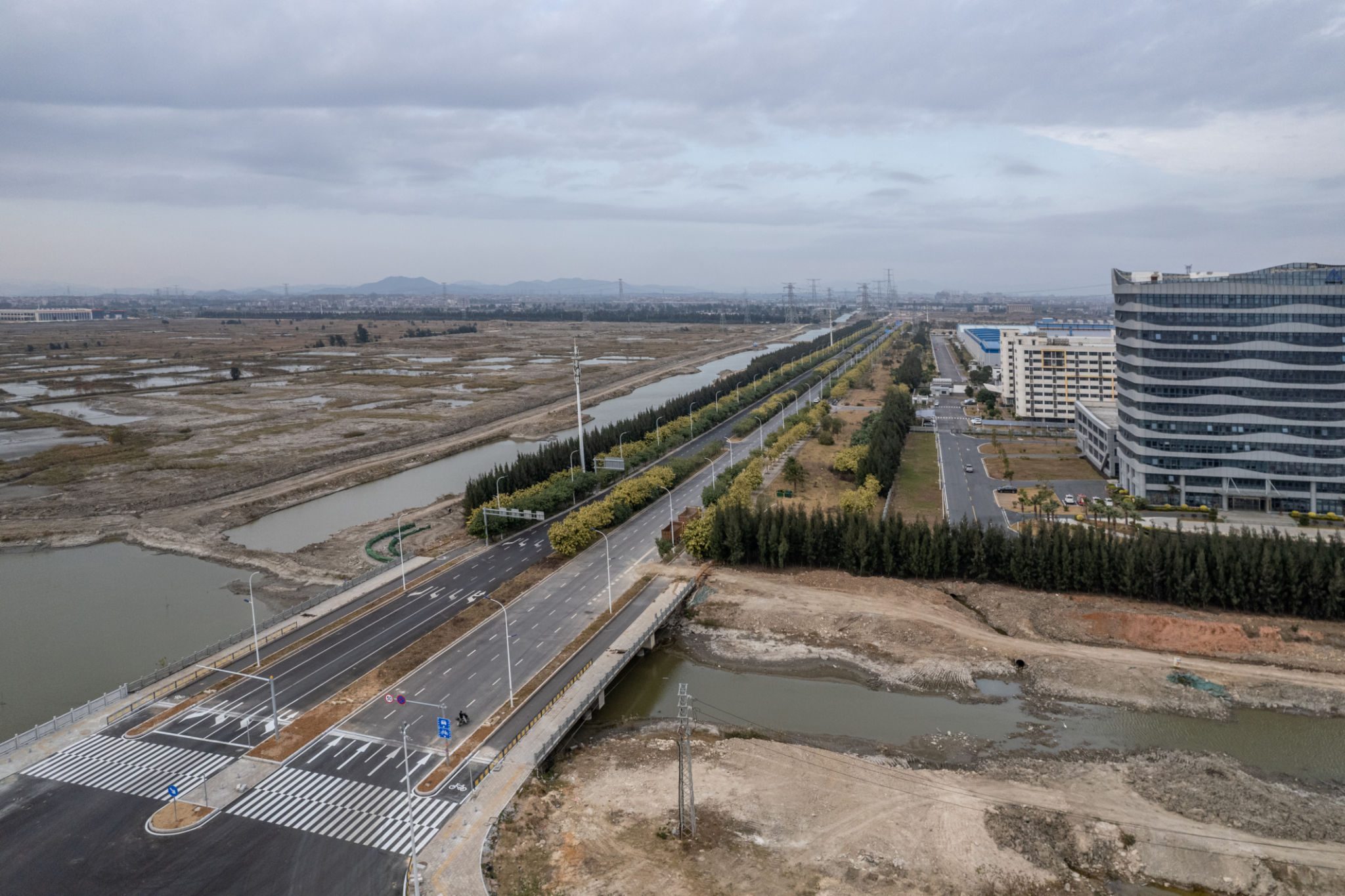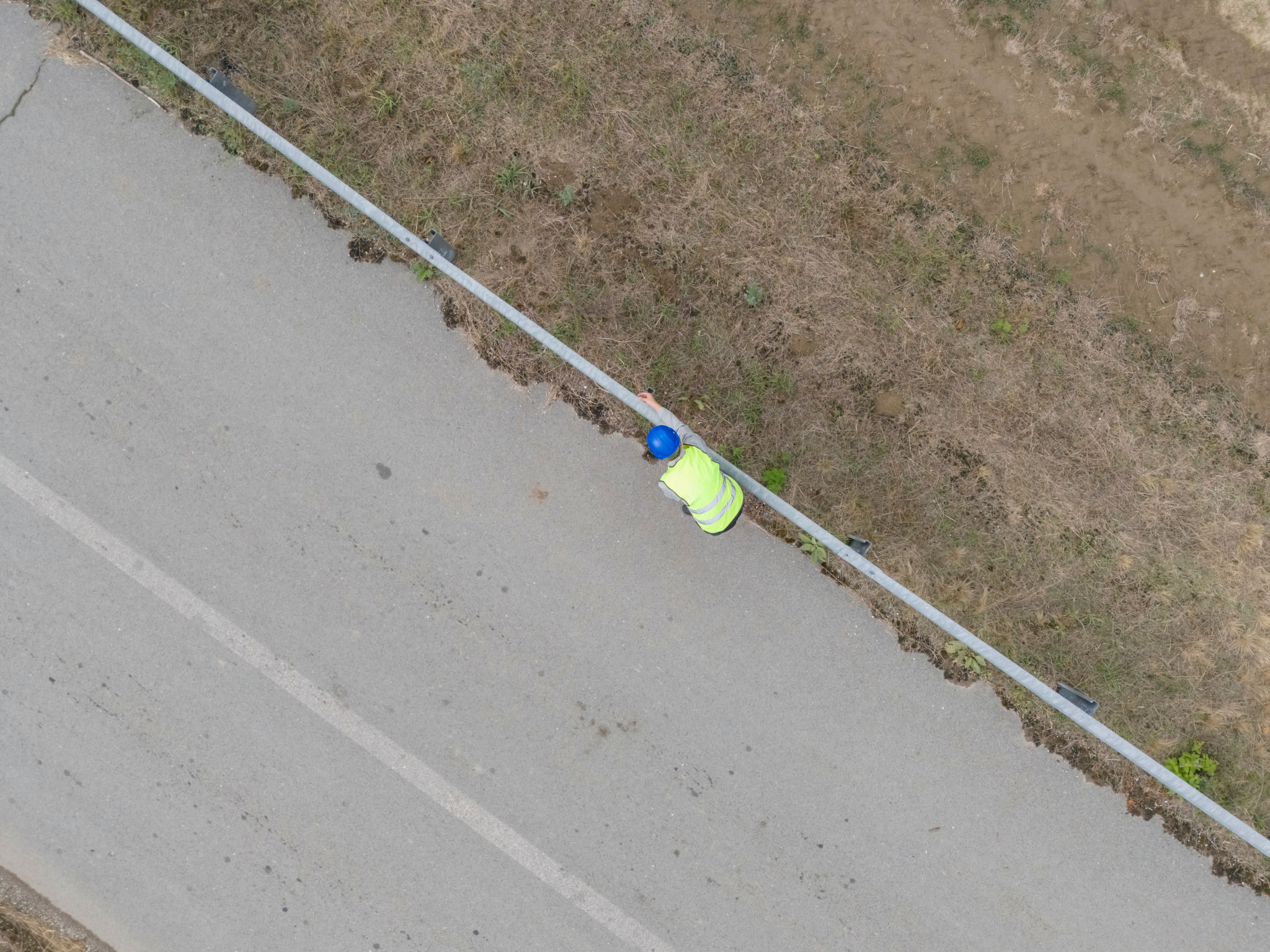Expert Tips for Effective Road Maintenance in Tropical Climates
KT
Understanding the Challenges of Road Maintenance in Tropical Climates
Road maintenance in tropical climates presents unique challenges due to the combination of high humidity, heavy rainfall, and intense sunlight. These conditions can lead to rapid deterioration of road surfaces, increased erosion, and damage to underlying structures. Understanding these factors is crucial for developing effective maintenance strategies that ensure longevity and safety.

The Impact of Weather Conditions
Tropical climates often experience sudden and heavy downpours, which can overwhelm drainage systems and lead to waterlogging. Prolonged exposure to moisture can weaken road surfaces, making them more susceptible to potholes and cracks. Additionally, the intense heat can cause asphalt to soften and deform, further compromising road integrity.
Implementing Robust Drainage Systems
An essential component of effective road maintenance in tropical climates is the installation of robust drainage systems. These systems help manage excess water from heavy rains, preventing it from pooling on roads and causing damage. Regular inspection and cleaning of drainage channels are necessary to maintain their effectiveness and prevent blockages.
Choosing the Right Materials for Tropical Roads
Selecting appropriate materials is key to constructing and maintaining roads that can withstand tropical conditions. Durable materials that resist moisture absorption and heat-related deformation should be prioritized. Consider using high-quality asphalt mixtures and reinforced concrete to enhance road durability.

Regular Maintenance and Inspection
Frequent inspections allow for early detection of potential issues, such as cracks or drainage blockages. Regular maintenance, including sealing cracks and repairing minor damages, can prevent small problems from escalating into major repairs. Establishing a routine inspection schedule ensures timely interventions and prolongs the lifespan of the road.
Utilizing Advanced Technologies
Incorporating advanced technologies into road maintenance practices can improve efficiency and effectiveness. For instance, using drones for aerial inspections or sensors for real-time monitoring of road conditions can provide valuable data. This information helps in making informed decisions about necessary repairs and maintenance strategies.

Community Involvement and Awareness
Engaging with local communities is vital for successful road maintenance in tropical areas. Educating residents about the importance of maintaining clean drainage systems and reporting road damage can enhance collaborative efforts. Community involvement leads to a proactive approach in identifying and addressing road maintenance issues.
Planning for Future Challenges
As climate change continues to affect weather patterns, planning for future challenges in road maintenance becomes increasingly important. Adapting strategies to account for more frequent and severe weather events will be crucial in ensuring infrastructure resilience. Investing in research and development for innovative solutions will help address evolving challenges.
In conclusion, effective road maintenance in tropical climates requires a comprehensive approach that addresses the unique environmental challenges. By implementing robust drainage systems, choosing the right materials, utilizing advanced technologies, and involving the community, road infrastructure can be preserved and enhanced for future generations.
